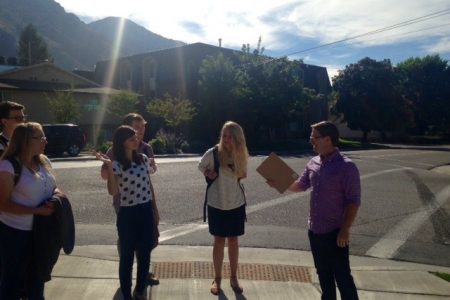As the humanities and, more narrowly, literary studies suffer through something of a present-day identity crisis—as the number of majors dwindle, and as literary scholars migrate into media studies, the environmental humanities, and other fields—literary traditionalists seem increasingly given to creative defenses of the value of their work. This has been brought to mind recently …





